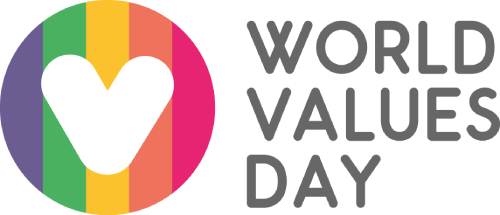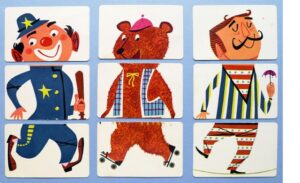In an era marked by polarisation and discord, a deceptively simple initiative promises to restore something precious: the art of listening. Launching on 16 October to mark World Values Day, “Laying Down the Feather” draws upon ancient wisdom to address distinctly modern challenges.
The brainchild of Professor Ann Teed of Adelphi University, New York, and Corina Teed, the project resurrects a practice found across numerous cultures, wherein feathers symbolise peace, truth, and respect for all voices. The concept is straightforward yet profound: gather people together, pass the feather, and let whoever holds it speak without interruption whilst others listen with genuine attention.
“To lay down the feather is to choose listening over argument, and unity over division,” the organisers explain. In practice, this means creating “feather councils”—discussion circles where differences of opinion need not devolve into division, where respect trumps rhetoric, and where the weight of every person’s words is honoured.
Students at Adelphi University will spearhead the initiative, but the ambition extends far beyond a single campus. The organisers envision the practice spreading across the United States and eventually encompassing the globe. Indeed, the invitation is deliberately inclusive: schools from nurseries to universities, community organisations, businesses, neighbourhoods, families, and friends—any gathering where people might benefit from deeper listening.
The timing feels particularly apt. As social media algorithms amplify outrage and political discourse grows increasingly fractious, the feather council offers a counterweight: a structured space for civil exchange that acknowledges our shared humanity before our differences.
Participants are encouraged to establish their own councils and document the experience. Until 1 March 2026, stories, photographs, and videos can be submitted to a Virtual Feather Council Gallery, creating a global tapestry of connection and understanding.
What makes the initiative compelling is its accessibility. The mechanics are refreshingly uncomplicated: gather a group, form a circle, and designate a facilitator to open proceedings by laying down the feather. Only the person holding this object—be it an actual feather, a stone, or even a pencil—may speak, whilst others listen without interruption. When finished, the speaker passes the feather clockwise. Silence between contributions is honoured.
The organisers suggest councils begin with a moment of quiet reflection and words of welcome, then proceed round the circle once before closing. Sessions can last from ten minutes for schoolchildren to longer periods for adults. This year’s World Values Day theme, “Values for the Future”, provides a natural starting point for discussion, though councils might explore questions of community, environmental responsibility, or personal truth.
Crucially, the practice adapts to circumstance. Families might hold weekly circles at dinner; schools can incorporate brief sessions into lessons; organisations may use councils for decision-making. Even digital gatherings can employ a virtual feather icon to signal whose turn it is to speak.
Participants are encouraged to share their experiences by posting stories, reflections, photographs, and short videos to a growing online archive. These contributions, which can be submitted until March 2026, create a living record of this global experiment in civil discourse—a collective testimony to the power of listening across divides.
Whether this educational project will gain the traction its creators hope for remains to be seen. Yet in a world where shouting often drowns out conversation, the simple act of laying down the feather and picking up the mantle of genuine listening may prove more revolutionary than it first appears. Sometimes the most profound changes begin with the quietest gestures.
Further information, including detailed guidance on facilitating councils and suggestions for themes, can be found at www.laydownthefeather.com.


